These 9 States Are Trying to Block Kids From Social Media

States from every part of the country are racing to pass new legislation barring young users from accessing social media and other online services without first obtaining consent from their parents. From Texas to New Jersey, lawmakers are preparing to enforce strict, constitutionally dubious laws that could fundamentally alter the way young people interact online all in the name of supposedly protecting them from social media’s most harmful effects. Most, if not all of these laws, will face multiple rounds of legal challenges. In the end, 2023 could be remembered as the year the US decided to age-gate the internet.
The logic behind the bills holds that exposure to social media exposure at a young age could lead to deleterious mental health outcomes. It has evolved in recent years from an understandable, but data-deficient theory to a field of study supported by some of the nation’s top health authorities. Child safety advocates point to dozens of recent studies appearing to link prolonged exposure to social media at young ages to increasing rates of teen depression and anxiety. Just last month, the US Surgeon General, who has taken a relatively conservative stance towards ascribing blame for a noted rise in teen mental health issues, released a public advisory noting there are “ample indicators” that social media poses a “profound risk of harm” to children’s mental health and development.
Read more
States across the country are taking action, though often in profoundly different ways. While some lawmakers have called have opted to use a scalpel when crafting careful social media regulation, others have opted to bust out the chainsaw. Multiple states, including Arkansas and Louisiana, have proposed legislation flat-out banning children under the age of 18 from using certain services without parental consent. Lawmakers justify this siloing of internet access because they believe delaying social media exposure, similar to delaying the age people can drink or smoke cigarettes, could offset some of the worst potential harms.
Texas
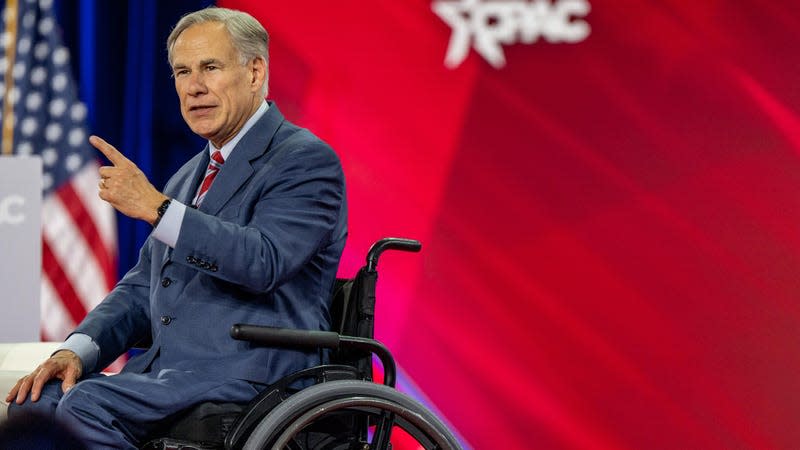
Texas recently passed one of the country’s most expansive online age-gating laws to date. The law, called the Securing Children Online through Parental Empowerment, forces “digital services providers” to explicitly gain the consent of a parent or guardian before opening an account for any user under the age of 18. Though the law was passed with social media in mind, the definition of digital service providers is so broad it could theoretically apply to nearly any online service that requires users who create accounts.
Parents or guardians are granted vast power over young users’ data as part of the law. Once they’ve granted consent, parents can review and download personal identifying information associated with the minor and likewise request its deletion. They can also request service providers ban targeted advertising toward the minor in question and prevent them from making online purchases.
Utah
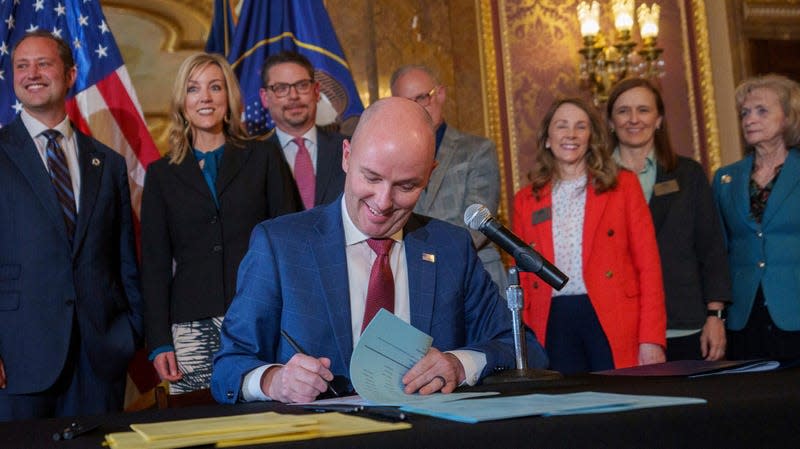
Utah Governor Spencer Cox signed a pair of bills into law in March requiring social media companies like Instagram and TikTok to verify users’ ages and obtain parental consent before offering services to users under the age of 18. Bizarrely, one of the laws also sets a digital curfew, restricting anyone under the age of 18 from using social media between 10:30 P.M. and 6:30 A.M.
One of the other bills making up Utah’s Social Media Regulation Act gives the account holder (the parent) the ability to sue social media companies and collect damages if they can prove the products caused them physical or emotional harm or were addictive.
Louisiana
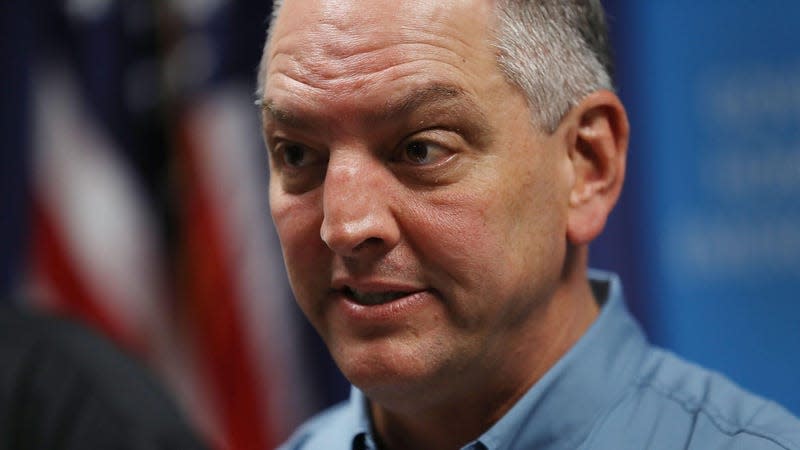
Both chambers of Louisiana’s legislature voted unanimously in favor of HB61, a new bill that would force online platforms to obtain parental consent before offering services to users under the age of 18. Like the Texas law, Louisiana’s version is written broadly to wrap up social media companies, video game makers, and really any other online company that requires users to create accounts in order to share text, photos or videos. The bill, which awaits Governor John Bel Edward’s signature to become law, would also let parents cancel terms of service contracts of minors who already created online accounts prior to the bill’s passage.
Arkansas

In April, Arkansas Governor and former Donald Trump press secretary Sarah Huckabee Sanders signed into law the country’s second law requiring parental consent for minors to access social media platforms. Unlike some other state proposals, Arkansas’ law specifically targets social media platforms and forces them to contract with third-party companies to verify the ages of new users. If those users are under the age of 18, they will need to obtain consent from a parent or guardian before creating an account. Companies found to violate the law could face fiend of up to $2,500 per offense when it’s slated to take effect in September
New Jersey
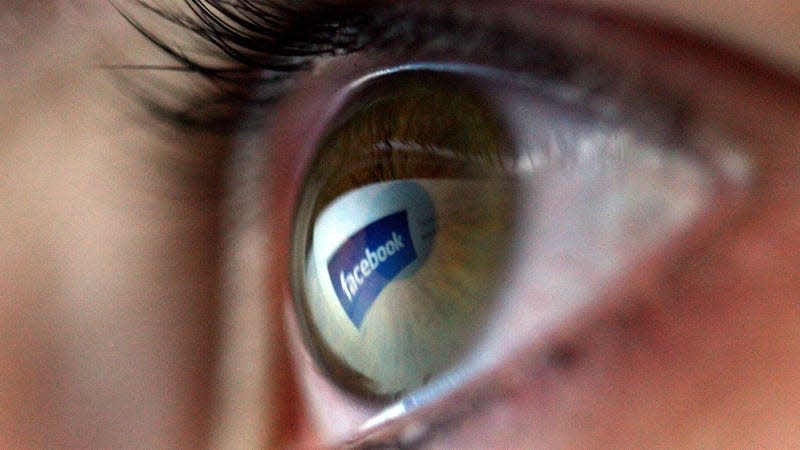
New Jersey lawmakers are currently considering a pair of new bills that would require parental consent for users younger than 13 to access social media and punish companies found to be engaged in “addictive” practices. The parental consent bill, called AR167, was proposed by Assemblyman Herb Conaway as a type of follow-up to the failed federal bill called the Kids Online Safety Act. A separate bill called A5069 would force social media companies to conduct quarterly audits and hire an independent third party to determine whether or not the service’s “practices, designs, [or] features,” carry a risk of addicting a child.
Maryland

Though there’s no shortage of states vying to completely restrict minors’ use of social media without parental consent there’s also a handful of other states like Maryland taking a slightly more nuanced approach. A recently proposed bill called HB901 would still let minors between the ages of 13-18 freely access social media but would require social media companies to restrict the data collection, profiling, and geolocation services for young users’ accounts. In general, the bills would force social media companies to identify young users and give them high privacy settings by default, something major tech firms like Meta say they are already working towards.
“What we need to do is just make sure they’re actually able to access those positive spaces, that they’re able to realize the benefits as opposed to just saying outright we’re going to put a ban in place that we know, frankly, won’t work,” Maryland Delegate Jared Solomon, said in a recent interview with NBC Washington.
Ohio
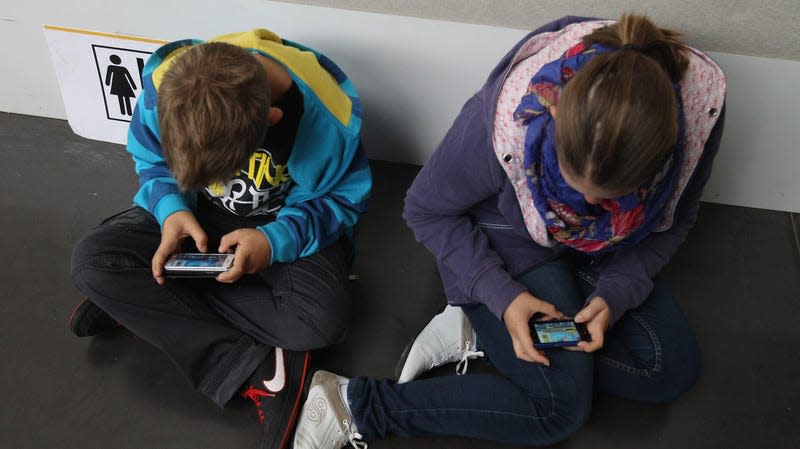
Oho lawmakers are considering a new bill called the Social Media Parental Notification Act which would require social media companies to obtain parental consent before signing up users under the age of 16. The law would require social media sites like Instagram and TikTok to create a separate “splash page” where users identify whether or not they are above 16. If the users say they are under 16, the app would then be required to obtain parental consent before granting the user access. The bill would apply to social media companies as well as companies that offer gaming services but it wouldn’t apply to e-commerce or other online shopping sites. So, presumably, it wouldn’t apply to Amazon. The bill still has to make its way through both chambers of the legislation but it already has the vocal support of Lt. Governor Jon Husted.
Minnesota
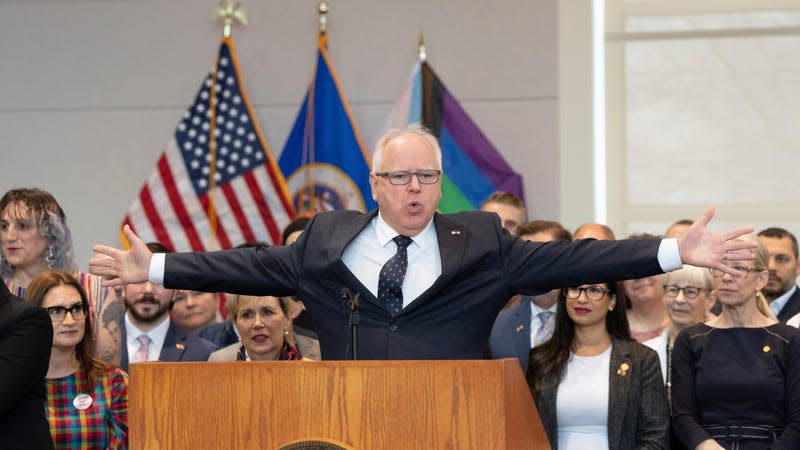
A new bill approved by Minnesota’s House Commerce Finance and Policy Committee earlier this year seeks to prevent social media companies from using algorithms to recommend contnet to any users under the age of 18. Unlike other bills, HF3724 doesn’t require parental consent. Instead, it would force social media platforms with more than one million users to identify users 18 simply turn off algorithmic recommendations for them. Companies that fail to abide by those vague rules could be held liable with a civil penalty of $1,000 for each violation.
California
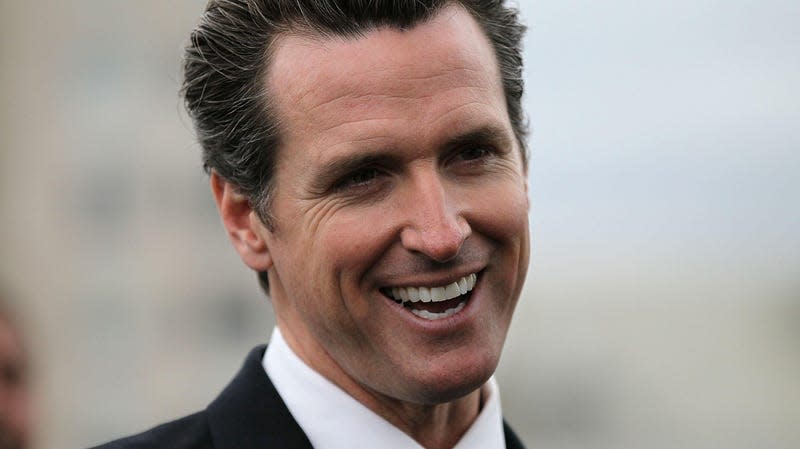
California’s recently passed Age-Appropriate Design Code has served as a model and inspiration for other states looking to enact their own legislation strengthening young users’ privacy protections without resorting to full-on parental consent demands. The law, which is scheduled to take effect in July 2024, would require tech companies to apply the highest level of privacy settings by default for users identified as under the age of 18. The law prohibits companies from using sneaky “dark patterns” techniques to keep young users on its site and limits the amount of data that can be collected from them.
Supporters of the law hope it could lead to a “California Effect” where social media firms opt to apply its high standard by default in other states too rather than annoyingly forge a complicated patchwork or state-by-state rules. Tech groups representing major firms like Meta and Google, however, have come out swinging and say they plan to battle the legislation on First Amendment grounds.
Bonus: Montana
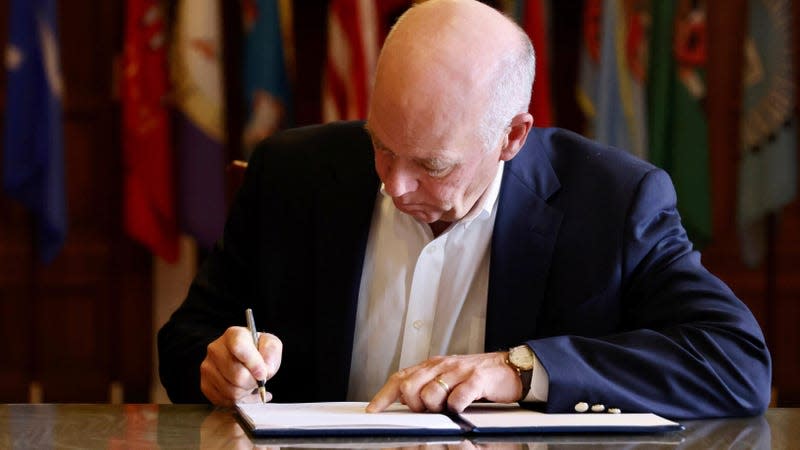
Montana hasn’t tried to ban social media’s youngest users yet, but it is keeping them off their favorite social network. The state has banned TikTok entirely, effective January 1, 2024, the first in the nation to enact such restrictive legislation. Influencers reliant on the app to support their businesses have found themselves in legal limbo, cut off from their communities and unsure about major life decisions. Multiple Montana TikTokers have filed a class action suit against the state.
More from Gizmodo
Sign up for Gizmodo's Newsletter. For the latest news, Facebook, Twitter and Instagram.

